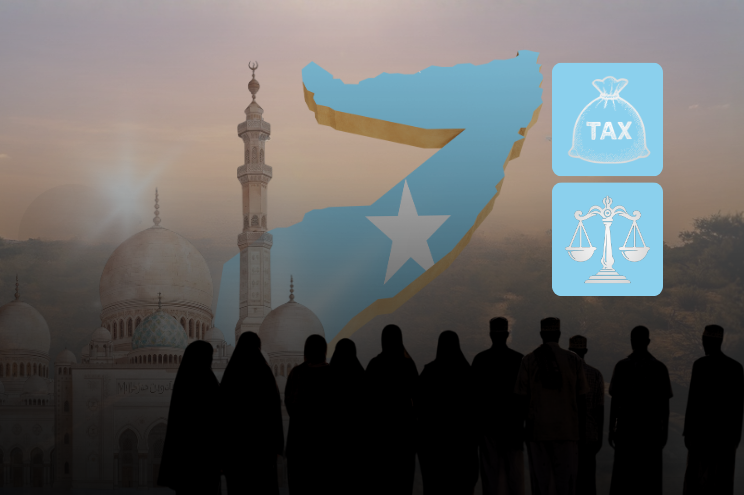
Dynamics of Taxation: Religious, Cultural, and Social Factors Influencing Tax Compliance in Somalia
This study explored how religious interpretation, societal cultural norms, trust

This study explored how religious interpretation, societal cultural norms, trust
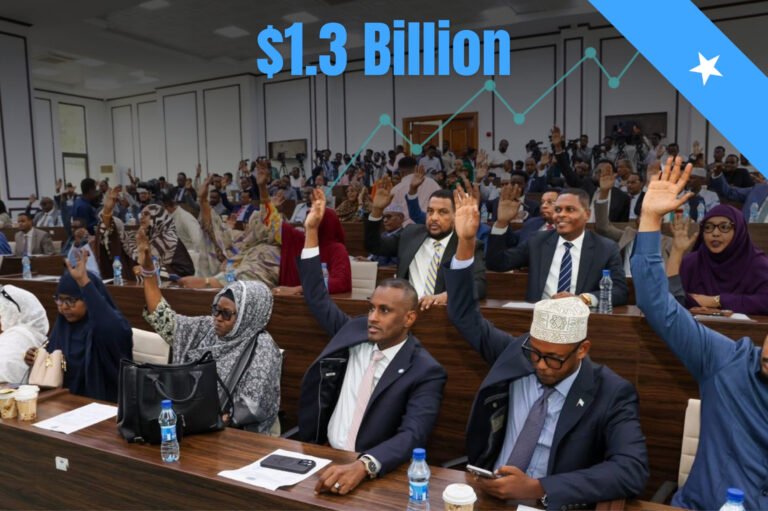
This study investigates the limitations in Somalia’s federal budget formulation
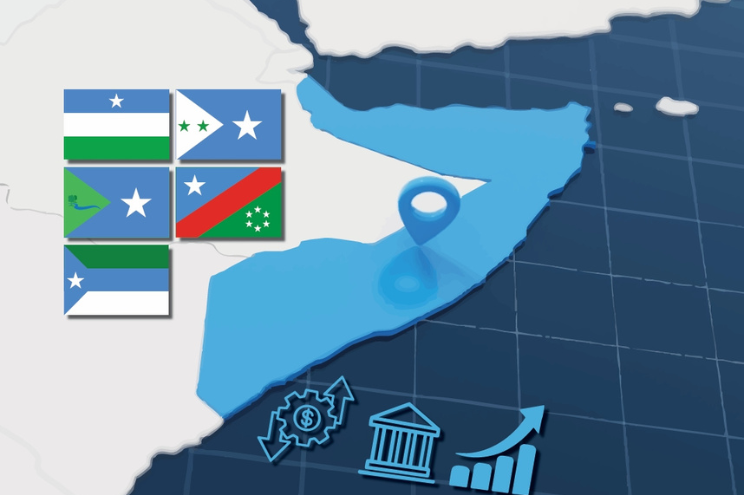
This study examines how Somalia’s Public Finance Management (PFM) systems
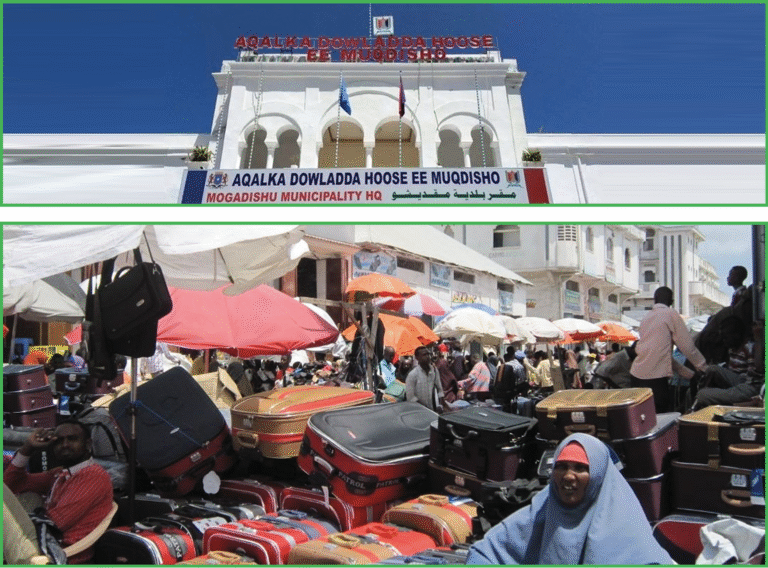
Establishing governance in general—and fiscal governance mechanisms in particular—has been

The study investigates to what extent groups affected by past
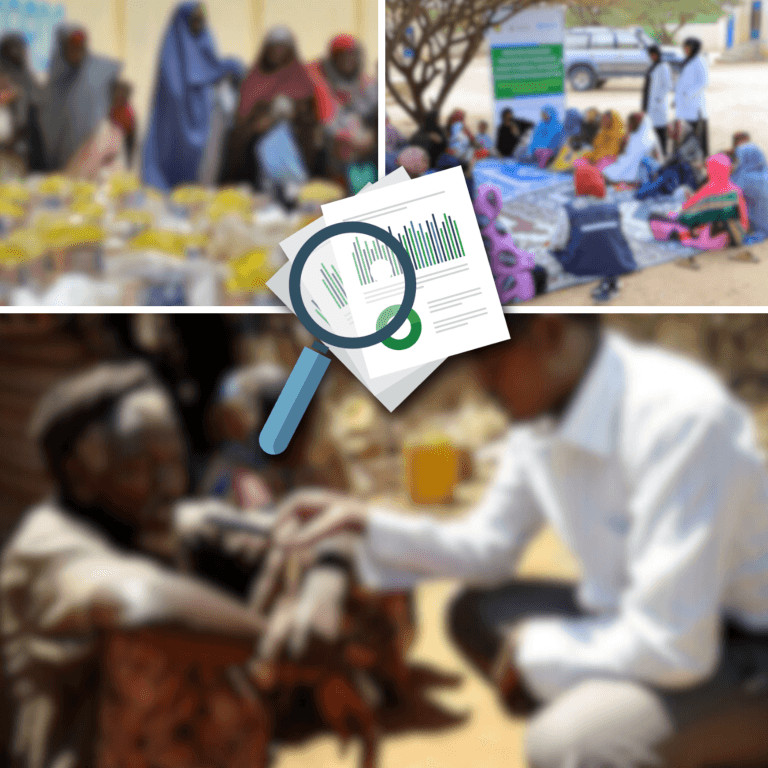
This study aims to address this gap by examining how
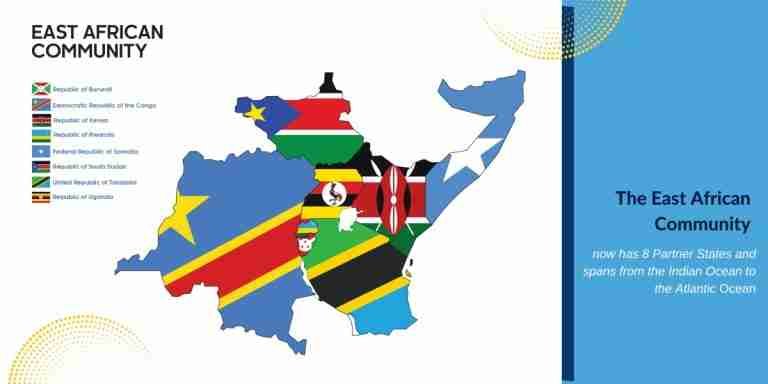
The paper indicates that there are, inevitably, opportunities linked to
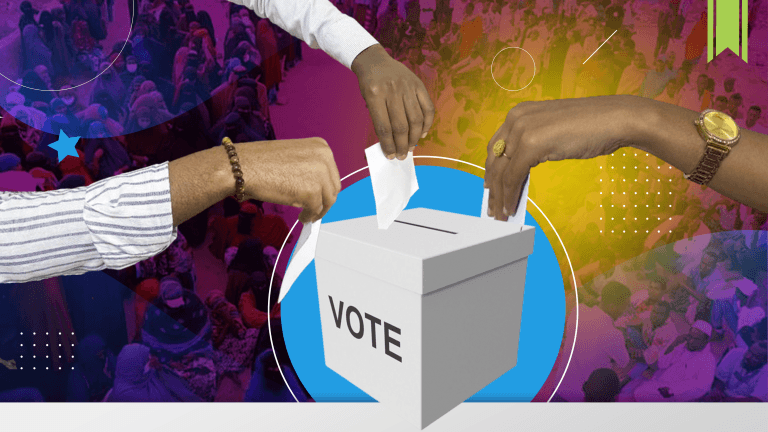
This paper explores the possibilities of Somalia’s transition from a

This study examines district council formation (DCF) in three FMSs;
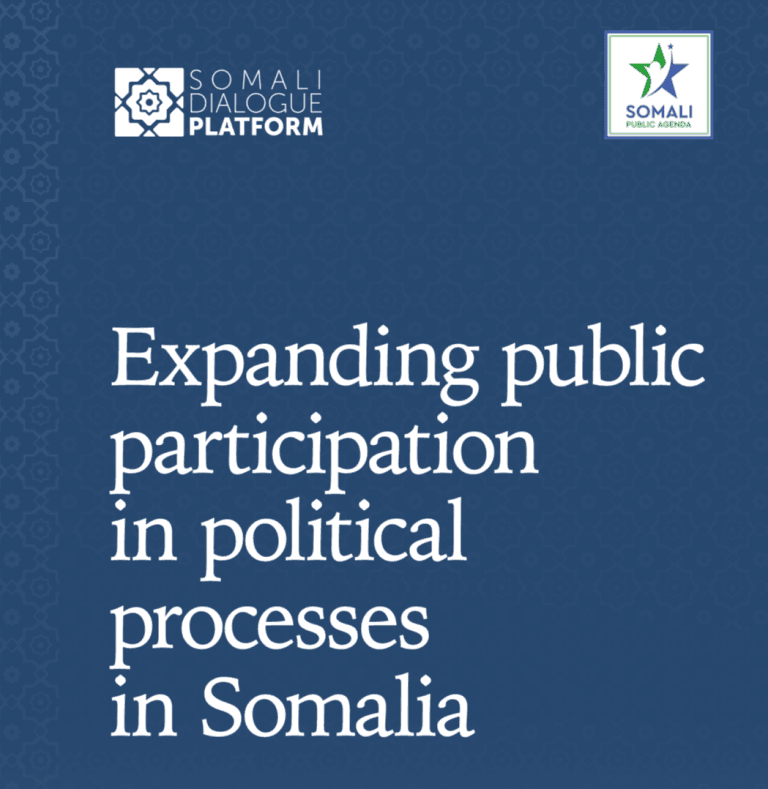
This study explores the prospects and challenges for public participation
Somali Public Agenda (SPA) is a non-profit, non-partisan, and independent public policy and administration research and action organization based in Mogadishu. It aims to advance understanding and improvement of public policy and services in Somalia through evidence-based research and analysis, dialogue, policy and service design, and training.
Stay updated on governance and public services in Somalia!